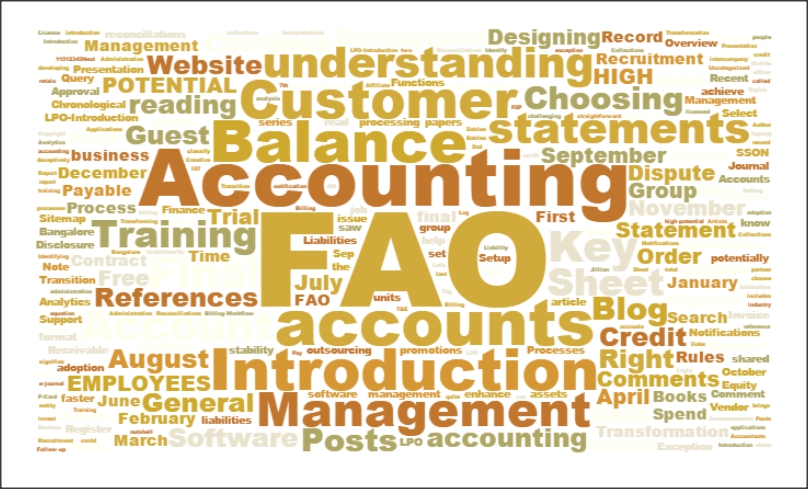People told us that this report from Aberdeen was really good:https://faoblog.com/free-report-financial-management-automate-transactions/
———————————————————————————————
IASB (International Accounting Standard Board) advocates ‘fair value concept” thus a number of IFRS, mainly being
(a) IFRS 2-Sharebased Payments
(b) IFRS 3-Business Combinations
(c) IAS 20-Government Grants
(d) IAS 39-Financial Instruments and
(e) IAS 41-Biological Assets provide that certain assets and liabilities have to be measured at their initial recognition and also at their subsequent measurement at their fair value and not at their cost. There are also a number of standards where an option is given to use the fair value method or the cost method.
However guidance on measuring fair value is distributed across many IFRSs, and it is not always consistent. Furthermore, the current guidance is incomplete, in that it provides neither a clear measurement objective nor a robust measurement framework. Thus considering the above complexity, IASB published an exposure draft on 28 May 2009 on guidance on fair value measurement and for public comment to be received by 28th September’2009. And recently on 19 August 2010 IASB posted to its website a staff draft of forthcoming IFRS on fair value measurement that reflects the tentative decisions made to date by IASB and the US Financial Accounting Standards Board (FASB). The Board’s objectives in the fair value measurement project are :
a) to establish a single source of guidance for all fair value measurements required or permitted by IFRSs in order to reduce complexity and to improve consistency in their application
b) to clarify the definition of fair value and related guidance in order to communicate the measurement objective more clearly
c) to enhance disclosures about fair value measurements to help users of financial statements to assess the valuation techniques and inputs used to develop fair value measurements
d) to increase the convergence of IFRSs and US Generally Accepted Accounting Principles (GAAP).


A person necessarily lend a hand to make seriously posts I would state. This is the first time I frequented your website page and up to now? I surprised with the analysis you made to create this particular publish incredible. Great process!
Somebody necessarily help to make severely articles I would state. This is the very first time I frequented your web page and so far? I amazed with the research you made to create this particular post amazing. Great activity!